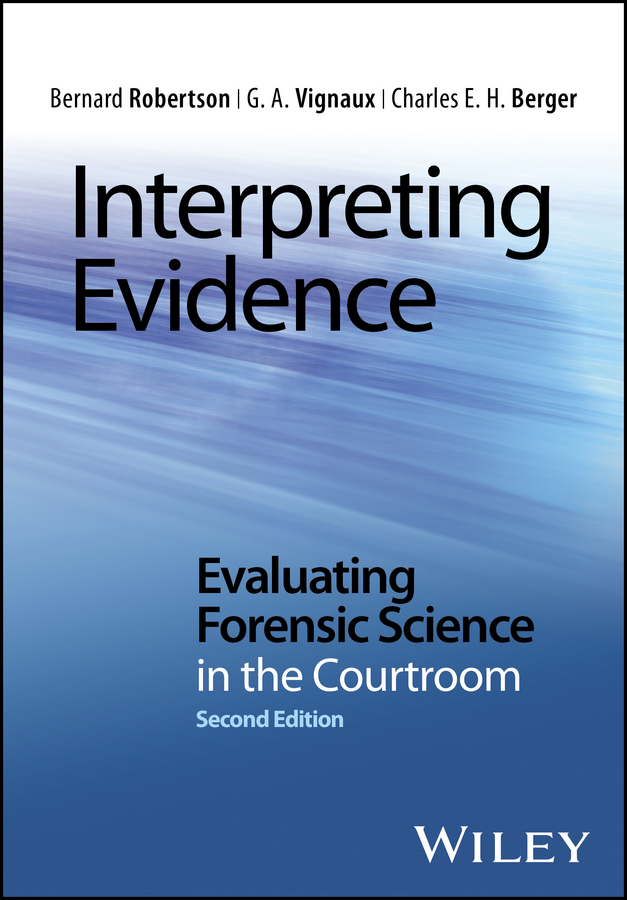Электронная книга: Bernard Robertson «Interpreting Evidence. Evaluating Forensic Science in the Courtroom»

|
This book explains the correct logical approach to analysis of forensic scientific evidence. The focus is on general methods of analysis applicable to all forms of evidence. It starts by explaining the general principles and then applies them to issues in DNA and other important forms of scientific evidence as examples. Like the first edition, the book analyses real legal cases and judgments rather than hypothetical examples and shows how the problems perceived in those cases would have been solved by a correct logical approach. The book is written to be understood both by forensic scientists preparing their evidence and by lawyers and judges who have to deal with it. The analysis is tied back both to basic scientific principles and to the principles of the law of evidence. This book will also be essential reading for law students taking evidence or forensic science papers and science students studying the application of their scientific specialisation to forensic questions. Издательство: "John Wiley&Sons Limited"
ISBN: 9781118492468 электронная книга Купить за 10810.32 руб и скачать на Litres |
Другие книги схожей тематики:
| Автор | Книга | Описание | Год | Цена | Тип книги |
|---|
См. также в других словарях:
Bayesian inference — is statistical inference in which evidence or observations are used to update or to newly infer the probability that a hypothesis may be true. The name Bayesian comes from the frequent use of Bayes theorem in the inference process. Bayes theorem… … Wikipedia
Inferencia bayesiana — La inferencia bayesiana se aplica a muchos dominios de la teoría de la decisión La inferencia bayesiana es un tipo de inferencia estadística en la que las evidencias u observaciones se emplean para actualizar o inferir la probabilidad de que una… … Wikipedia Español
Prosecutor's fallacy — The prosecutor s fallacy is a fallacy of statistical reasoning made in law where the context in which the accused has been brought to court is falsely assumed to be irrelevant to judging how confident a jury can be in evidence against them with a … Wikipedia
